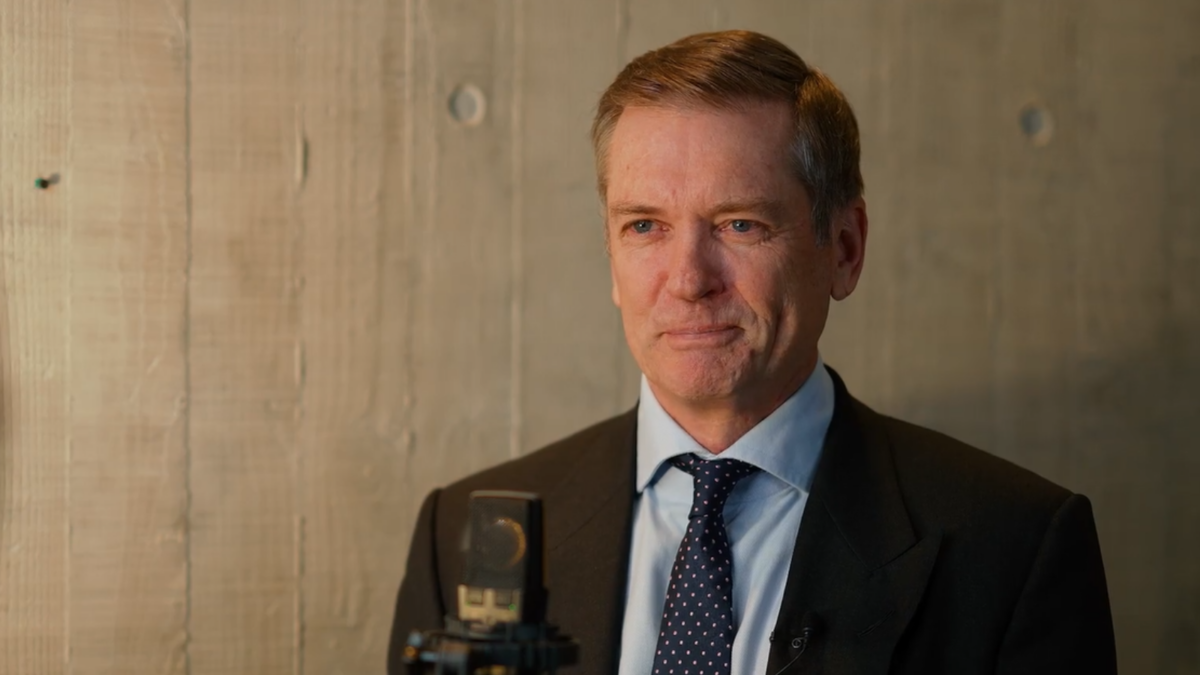January’s volatility only a “light shower”: Talaria
“Don’t ask yourself if it’s going to rain, ask yourself if you have an umbrella, in case it does,” says Hugh Selby-Smith, co-chief investment officer and head of research at specialist global equity manager Talaria Capital. Drawing on decades of experience, the firm’s January investor update offered both a history lesson and an insight into what lies ahead – which is where Selby-Smith’s analogy comes in.
Since the inception of its strategy in 2005, Talaria has carved out a niche in global equity markets, with a focus on two under-appreciated aspects of the market: income production, predominantly through selling put options to enter stock positions, and risk management. The latter has been a key differentiating factor for the manager over many years, but particularly since the pandemic.
Attribution analysis has shown that a large portion of the top-performing strategies in Australia and around the world in recent years have been driven by factor exposures, specifically to momentum; that is, buying more of stocks that are going up. Similarly, a smaller and smaller cohort of companies have been driving said returns.
For Talaria, January acted as a reminder of why it pays to diversify. Calling itself a “broken record,” it is quick to reiterate that true diversification remains the only free lunch in investing. “Too many investors are still over-exposed to US tech….and US equities in general,” says Selby-Smith.
True diversification requires more than just positions, sizing and numbers, but understanding the actual exposures across regions and sectors; and, most importantly, the “components of return.” The firm’s core Global Equity Strategy was a rare outperformer in January, a result put down to the fact that it was underweight US and overweight Europe and Japan on a regional level.
On a sector level, Talaria was already out of tech and was increasing weightings to healthcare, on the potential for a “change in the market.” By no means was it forecasting this sort of volatility; rather, its conservative approach is all about being prepared if that eventuates – something for which it appears many are not – despite selling-down its US holdings in recent weeks.
“January was only a light shower in the context of the benign climate for equity investors since the GFC, but it was uncomfortable enough to show that umbrellas serve a purpose,” says Selby-Smith.
The firm is cautious on the highly popular “buy the dip” strategy that has been supported by decades of interest rate cuts and monetary policy support, suggesting that the so-called “Fed put” can no longer be relied upon to come to investors’ rescue.
“September and January have shown that markets don’t always go up, and serve to challenge the recency bias that has been supported for the last 40 years; that the Fed will bail-out the market,” says Selby-Smith. Yet this remains in stark contrast to what the market is indicating when it comes to bond rates.
“There is good evidence that financial markets remain largely unmoved by the idea that a pick-up in US inflation will be anything other than modest,” he adds. “20 years of data from the St Louis Federal Reserve shows that the current ‘expected’ rate of inflation, of about 2.6 per cent – while being among the highest annual rates in the last decade – is well within the average. Any perception that this rate will be higher will likely put pressure on those seeking to buy the dip,” Selby-Smith says.











